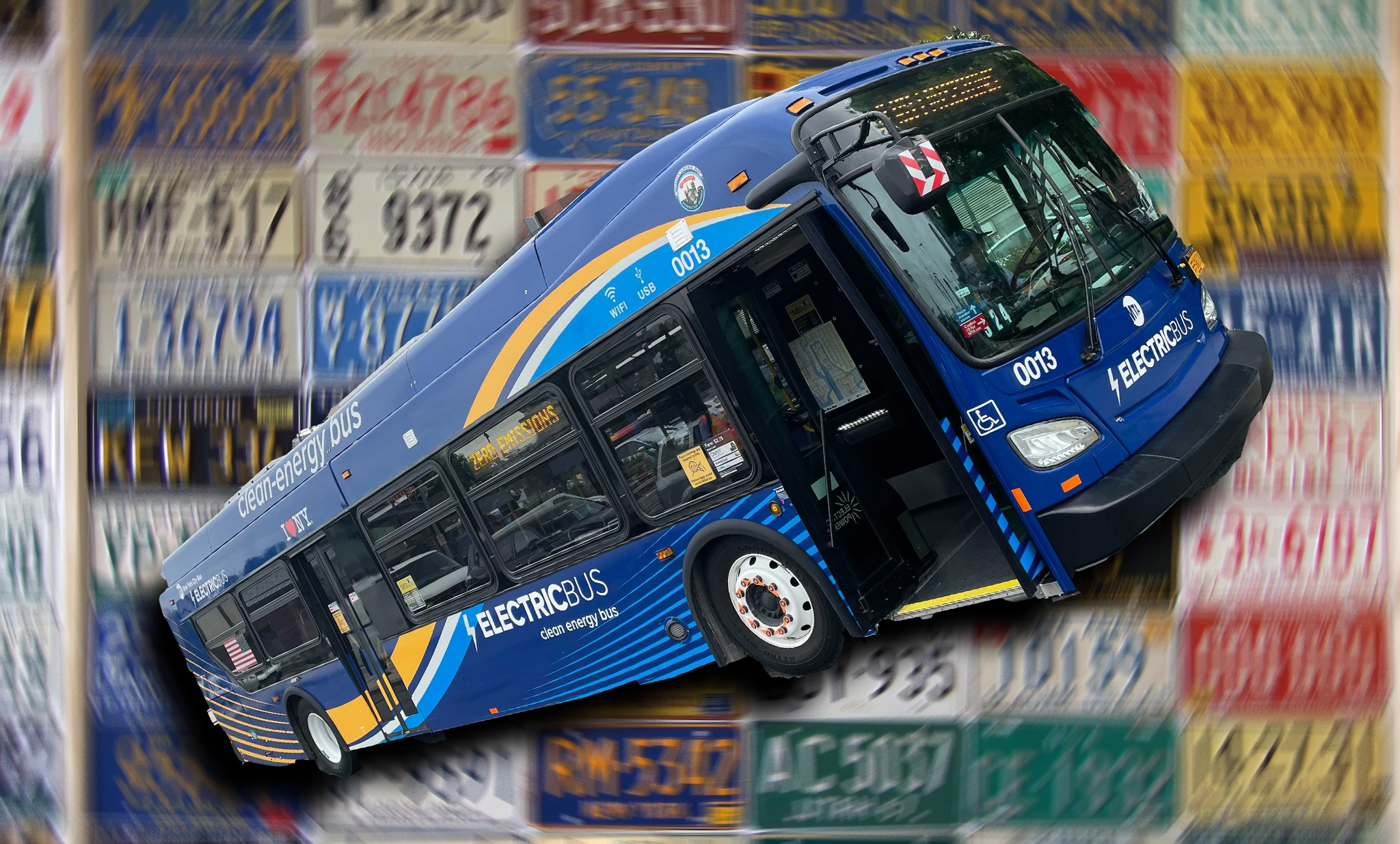A Canadian politician has a modest proposal to her city’s drivers: pay a tax equivalent to the current cost of an annual bus pass to register their cars— the equivalent of $858 American dollars a year — or give up those cars altogether and take the bus for free. And it’s sparking a conversation about how bold we should be in our efforts to break the cycle of car dependency south of the border, too.
Quebec City Council Member Jackie Smith recently made headlines for proposing a nearly 39-fold increase to the annual $30 municipal car registration tax — about $22 USD — which she says would allow the community of 542,000 to totally eliminate fares, double its current transit coverage, and pay off all of the agency’s debt.
Smith argues that bold move is necessary to stop the transit death spiral that’s rocked the region since COVID-19, when agencies became the target of proposed funding cuts as ridership fell and the provincial government argued that “nobody takes the bus” anymore. In December, though, a new bill offered municipal leaders a rare opportunity to fill that gap: by increasing local taxes on things like excessive asphalt that exacerbates flooding, excessive water consumption that exacerbates drought, and vehicle registration fees that don’t capture the true costs of excessive driving.
That last measure may have been intended to offset lost fuel taxes as more Canadians buy electric vehicles, but Smith saw it as a chance to make Quebec City less dependent on all private cars — even though she knew it wouldn’t be politically easy.
“They gave municipalities enough rope to hang ourselves with,” she said of the provincial government’s new tax rule. “We're going into an election year next year, and they don't really like any of the mayors. So they're sort of saying, ‘Okay, you need more money? Go ahead and tax your people.’ [They’re] playing chicken with the municipalities — and no municipal politician has been really willing to go for it.”

U.S. communities, of course, aren’t exactly “going for it” when it comes to charging drivers their fair share, either. In many states, vehicle registration fees hover around $30 per year, with some increasing those fees based on things like vehicle weight, age, horsepower, or tailpipe pollution. Some states charge drivers significantly more than that — Oregon seemingly charges the most, with some gas-powered-car owners paying $156 a year to renew their plates, or $356 for EVs — but none comes anywhere close to Smith’s proposed tax. And because that U.S. registration fees are collected at the state level, it tends to funnel back to state highway agencies or the DMV itself, rather than funding local transit networks.
Smith argues, though, that Quebec City’s highly unique position also positions them to inspire other communities to make bold moves in transportation finance reform, even if vehicle registrations aren’t the lever they ultimately use.
And she also argues that they have an ethical duty to do it. Smith recently resigned from the board of the local transit agency — or “transit society,” as they’re called north of the border — when it became clear she’d be forced to approve endless fare increases just to keep the buses running, even as her work on the city council made it clear that the government could just increase taxes and get rid of fares altogether.
“If we could wave a magic wand and double the network, take away the debt and make the bus free — oh my God, why would we not do that? That's an easy decision,” Smith added. “So I can't coherently stay on the [transit society board] and say, ‘Yeah, let’s increase fares, when we could tax drivers and solve all of our problems.’”
Before she won office, Jackie and her husband, Hoffman, nominated the winning stop in Streetblog's 2021 Sorriest Bus Stop Contest; read an interview with them above.
Of course, a windfall of money alone won’t solve all of Quebec City’s transit woes — and Smith acknowledged that, even if she chooses not to focus on it. Much of the local feedback to her proposal has been positive, but some constituents have pointed out that low-income drivers who live far from bus routes will struggle to pay the new tax, and that the transit society will struggle to quickly bring good service to the remote, car-dependent neighborhoods where many of them live. Some of the money would probably need to be directed to creating car-share options to fill those gaps, or targeted discounts for those who truly can’t go car-free; some worry that drivers will simply skip registration entirely, creating new safety hazards on Quebec City roads if hit-and-runs rise in response.
Quebec City Mayor Bruno Marchand, for his part, has dismissed Smith's proposal as a non-starter — and instituted a preliminary $10 tax increase instead. That’s just $7.35 USD.
Still, Smith says she isn’t done fighting, and there’s still time to increase the tax before it’s finalized in September. She's also exploring an increase to local fuel taxes. And even if neither of those things happen, she hopes she’s sent a message to fellow city leaders across North America to take bold action.
“It's important to be audacious,” she added. “Everybody's stuck in this vicious cycle of underfunded public transit and increasing car dependency; people don't want to pay more for using their cars, but they also don't want [to use] public transit that doesn't get them where they need to go. But we’re in the middle of a climate crisis; we don't have any time to continue this cycle. We just need to break it.”
A previous version misstated the amount of the preliminary tax proposed by Mayor Marchand. It is a $10 tax increase, not $10 total.






